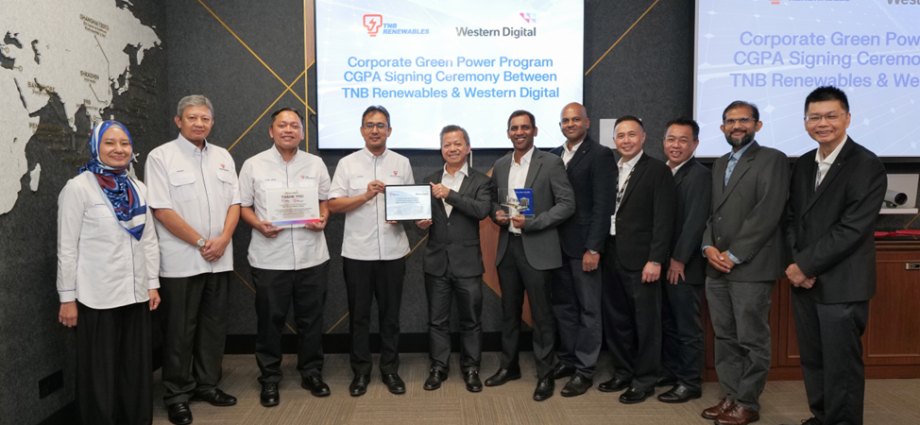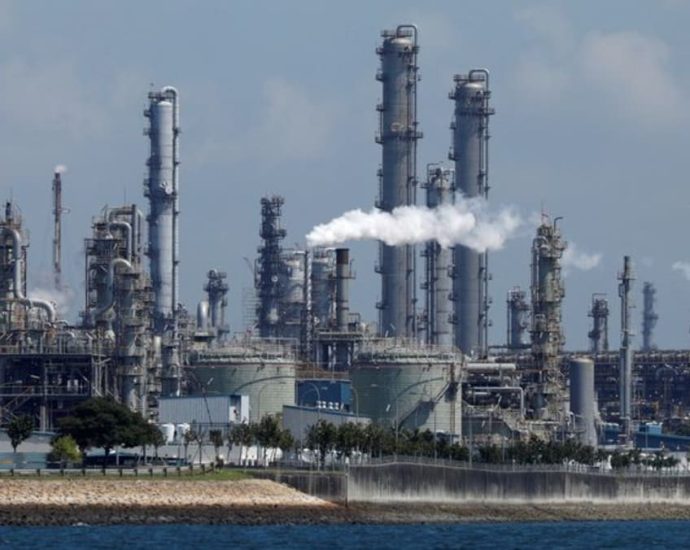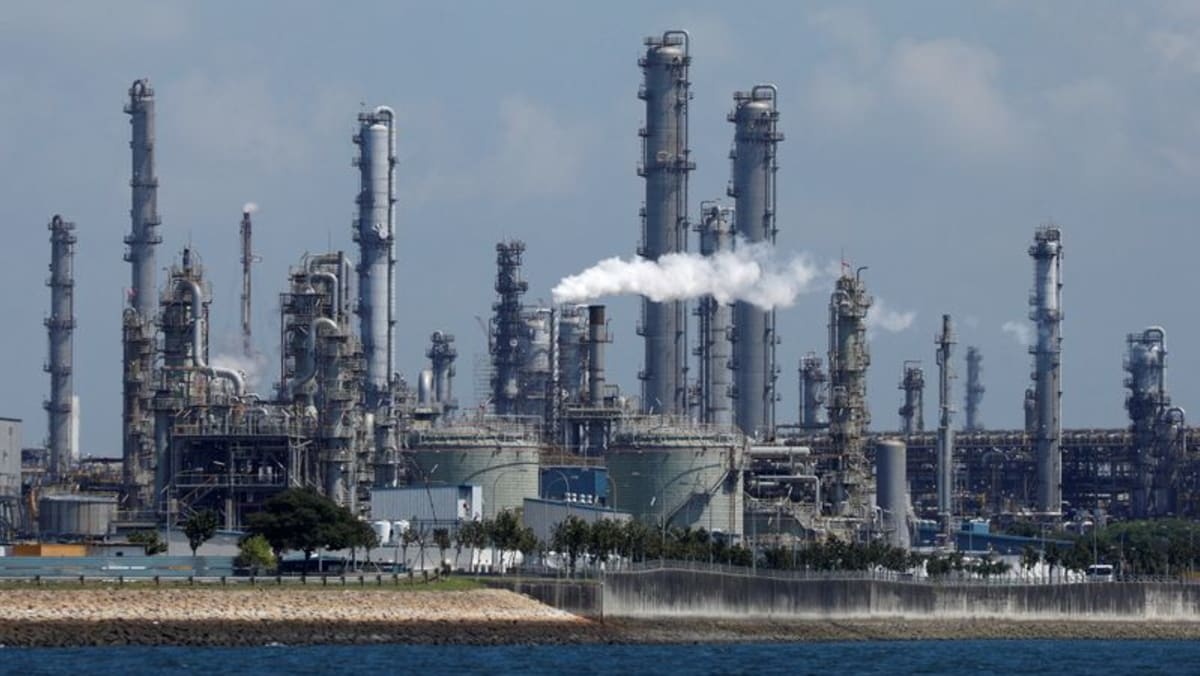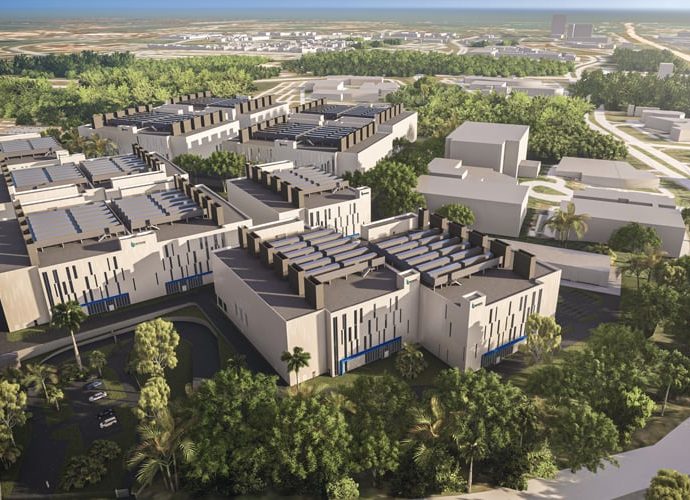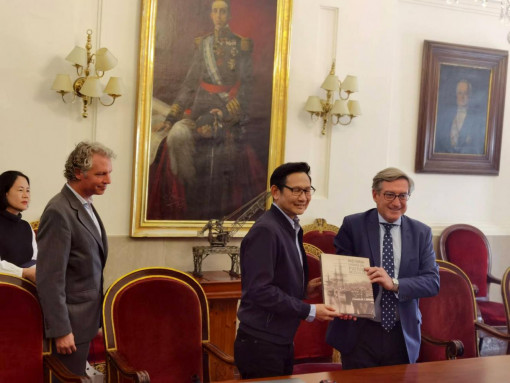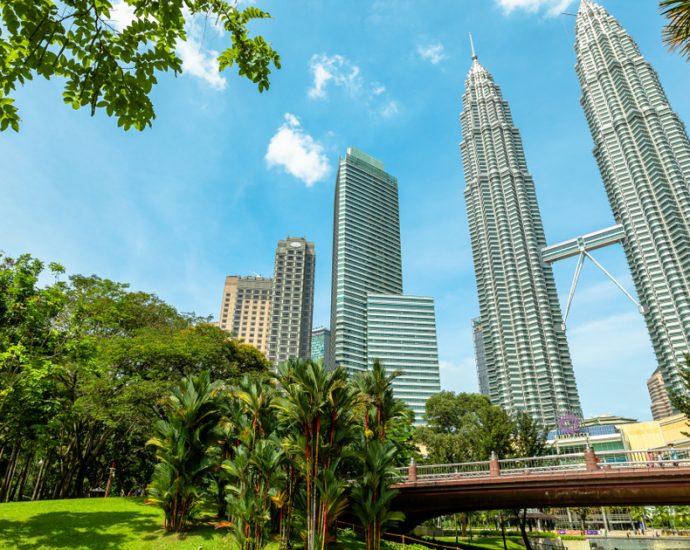Western Digital partners with Tenaga Nasional to integrate renewable energy within its Malaysia operations
Company aims to achieve 100% renewal energy globally by 2030
Collaboration with TNB will help fulfil 25% of its domestic energy requirements
Western Digital has signed a collaboration with Tenaga Nasional Berhad (TNB) through its wholly-owned subsidiary, TNB Renewables Sdn. Bhd. to drive renewable energy implementation in its operations in Malaysia with the…Continue Reading

